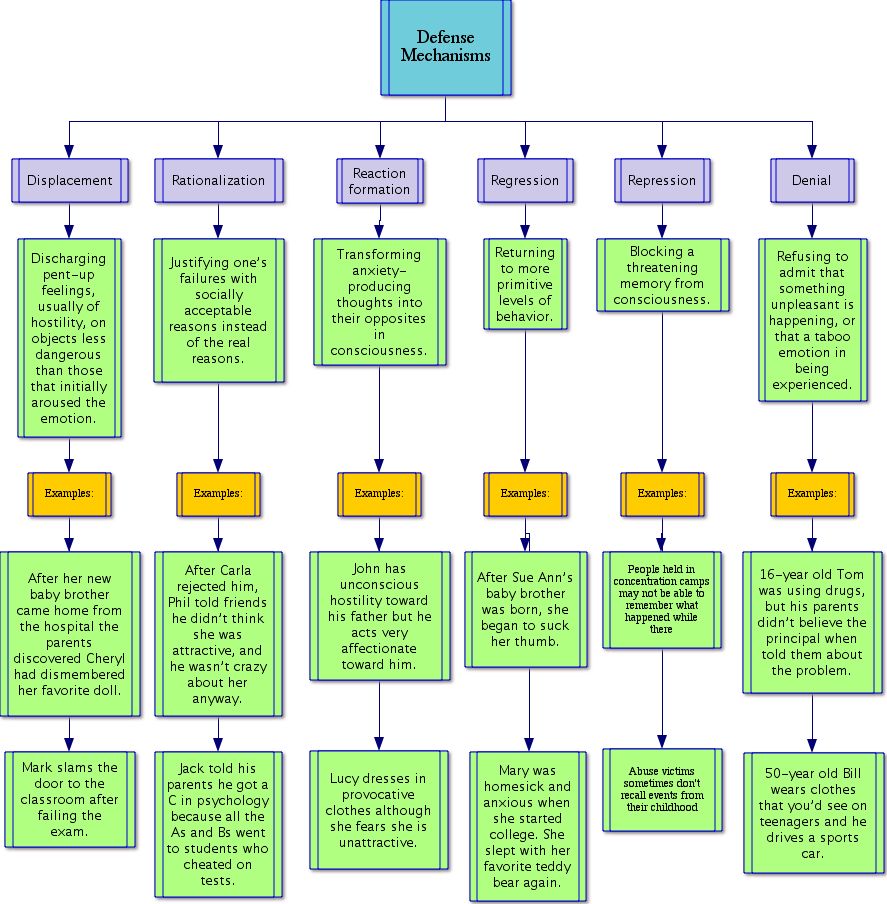Founded by:
Existential therapy was not founded by one certain person or group of people. However, Viktor Frankl, Rollo May, and Irvin Yalom are some of the key figures of existential therapy.

Viktor Frankl (1905-1997)

Rollo May (1909-1994)

Irvin Yalom (b.1931-)
Key Concepts:
*"The existential movement stands for respect for the person, for exploring new aspects of human behavior, and for divergent methods of understanding people" (Corey p. 145).
*Existential tradition- Recognizes limits and opportunities of human life. We have both limitations and freedom.
*Proposition 1: The Capacity for Self-Awareness
*"Freedom, choice, and responsibility constitute the foundation of self-awareness" (Corey
p.146).
*We have a limited amount of time.
*We can choose between action and inaction.
*We help creact our destiny by choosing our action or inaction.
*We increase our responsibility for the consequences of our actions or inactions as we
become more aware of our choices.
*We may experience loneliness, a sense of meaninglessness, emptiness, etc.
*We are alone but can relate to others.
*Proposition 2: Freedom and Responsibility
*"A central existential concept is that although we long for freedom, we often try to escape
from our freedom by defining ourselves as a fixed or static entity" (Corey p. 147).
*Inauthenticity- Unawareness of responsibility for own life and assumes external forces are in
control.
*Freedom- We are responsible for our lives and actions.
*Existential guilt- Awareness of evading a commitment or choosing not to make a choice.
*Authenticity- Live by what we view is a valuable exsistence for ourselves.
*Frankl postulates that "We are not free from conditions, but we are free to take a stand against
these restrictions" (Corey p. 148).
*Proposition 3: Striving for Identity and Relationship to Others
*We want to be unique but also be able to relate to others and nature.
*We move forward even though we are aware of situations we will face in the future.
*Aloneness is part of being human but we can gain strength from being alone.
*We want to experience relatedness. We want to feel important to others have others be
important to us.
*We struggle with our identity. We do not want to be alone and therefore we sometimes let
others design our life for us and stay trapped in an identity from our childhood.
*Proposition 4: The Search for Meaning
*We struggle with feeling significant and that we have purpose
*People may discard their old traditional/imposed values and not look for any to replace them.
*People may feel their world has no meaning and it is pointless to struggle through it or in
some cases to live.
*"Meaninglessness in life can lead to emptiness and hollowness, or a condition that Frankl calls
the existential vacuum" (Corey p. 152).
* In logotherapy therapist point out that clients can create meaning for their lives even in
struggles and suffering.
*Meaning is not something that can be searched for and found it is achieved through
engagement.
*Proposition 5: Anxiety as a Condition of Living
*Existential anxiety- Unavoidable anxiety that results from facing things such as death,
freedom, meaninglessness, etc.
*Normal anxiety- Appropriate response to the situation. We cannot survive without some
anxiety and it is not a therapeutic goal to eliminate normal anxiety.
*Neurotic anxiety- Anxiety that is out of proportion to the situation. Neurotic anxiety is
immobilizing. In order to be psychologically healthy one needs to experience little neurotic
anxiety but accepting existential anxiety.
*Proposition 6: Awareness of Death and Nonbeing
*Death is not viewed as a negative but instead is an inevitable human condition that adds
significance to life and living.
*Death provides the opportunity for us to appreciate the present moment.
Therapeutic Goals:
*The main therapeutic goal is increased self-awareness. Teaching clients to look at what they already know about themselves.
*Lead clients to see they are not living authentic lives and teach them to make choices that will lead them to their fullest potential.
*Lead clients to become more authentic and recognize when they are self-deceiving.
*Help clients face anxiety and create a meaningful life.
*Restricted existence- A limited awareness of self and clients experiencing this will be vague about their problems during therapy.
Techniques:
*Existential therapy is not technique oriented and incorporates many techniques from other models.
*Prefer description, understanding and exploration of subjective reality instead of diagnosis, treatment, and prognosis.
*Uses three phases:
*Initial phase- Assist client in identifying and clarifying thier view of the world.
*Second phase- Assist client in examining their values.
*Final phase- Assist client in taking what they have learned and practicing it or putting it into
action.
Video clip about existential therapy
http://youtu.be/gathih6EgwM
References
Corey, G. (2013). Theory and practice of counseling and psychotherapy. Belmont, CA: Brooks/Cole.
rightwords.ed "Viktor Frankl"
quotezuki.com "Rollo May"
cafegradiva.ro "Irvin Yalom"

